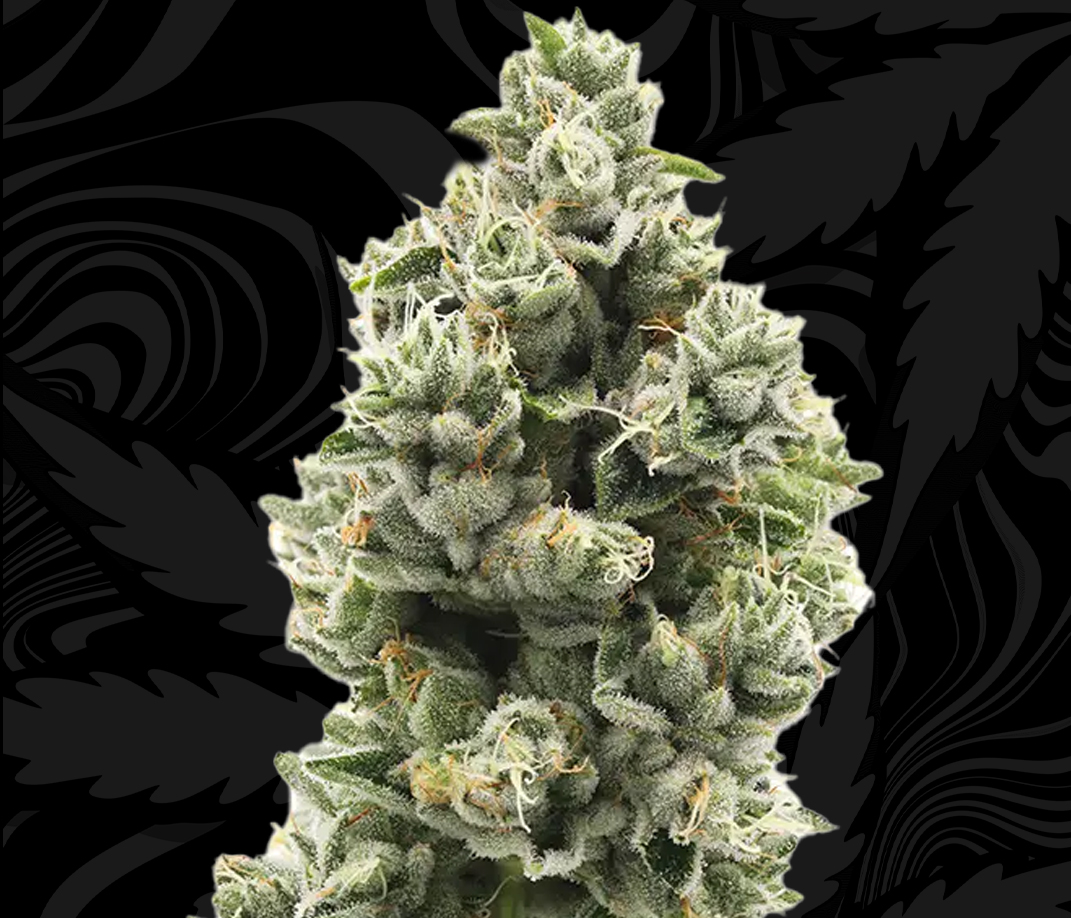THCA tetrahydrocannabinolic acid is a non-psychoactive cannabinoid found in hemp and cannabis plants that has recently gained attention for its potential therapeutic benefits, particularly in pain relief. While much of the focus in cannabinoid research has been on THC tetrahydrocannabinol and CBD cannabidiol, THCA is emerging as a significant player in the realm of pain management. THCA is the precursor to THC, meaning it is found in raw, unheated cannabis. Unlike THC, which produces a euphoric high, THCA does not have psychoactive effects, making it an appealing option for individuals seeking pain relief without the associated mental alterations. As a result, THCA hemp flower has become a popular choice for those looking to manage pain through natural means. Research into THCA’s pain-relieving properties is still in its early stages, but preliminary studies and anecdotal evidence suggest that it may offer several benefits.

THCA is believed to interact with the body’s endocannabinoid system, which plays a crucial role in regulating pain, inflammation, and overall homeostasis. By influencing cannabinoid receptors, THCA may help modulate pain perception and reduce inflammation, leading to relief from chronic pain conditions. One of the key advantages of THCA hemp flower is its ability to provide pain relief without the intoxicating effects of THC. This makes it suitable for use throughout the day, as it does not impair cognitive function or motor skills. Additionally, because THCA is present in raw hemp flowers, it offers a natural and unprocessed option for those who prefer to avoid heavily processed or synthetic products. When considering THCA hemp flower for pain relief, it is important to understand that its effectiveness can vary from person to person. Dosage, individual biochemistry, and the specific strain of hemp can all influence how well THCA works for managing pain.
Starting with a low dose and gradually increasing as needed is a common approach to finding the right balance. Another consideration is the legality of THCA hemp flower. In many regions, hemp-derived products are legal as long as they contain less than 0.3% THC. However, it is essential to check local regulations to ensure compliance. Purchasing from reputable sources that provide lab-tested products can also help ensure that you’re getting a high-quality product that meets legal standards. THCA hemp flower offers a promising alternative for pain relief, particularly for those who wish to avoid the psychoactive effects of exotic thca flower. While research is ongoing, the interaction of THCA with the endocannabinoid system and its potential anti-inflammatory properties make it a compelling option for managing pain. As with any therapeutic approach, it is crucial to consult with a healthcare professional to determine the best course of action based on individual needs and circumstances.
